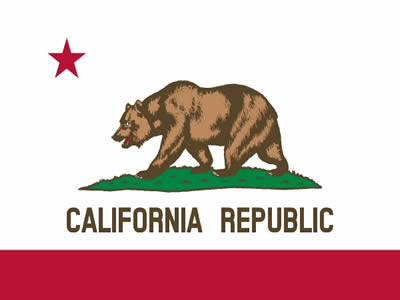Legal betting online has come to America, and even though an end of the year meeting by Congress concerning federal passage of a nationwide Internet gambling piece of legislation did not meet with success, there are still options for US players. For years reputable offshore companies have been providing legal betting online access to Americans and international players, and they still do. And you probably know that in 2013 New Jersey, Delaware and Nevada all joined the Internet gambling party. New Jersey offers a full gamut of casino games and poker, as does Delaware. Nevada is currently only offering Internet poker, with eyes on delivering more gambling options in the future. Legal online poker and casino gaming has made its debut and thus far is going very smoothly for these states.
In concerning the state of legal online gambling in the United States as a whole, there are multiple states who hope to push forward with passage in 2014. California and Pennsylvania look like they are ready to join the Internet gambling community that is still in its early stages of infancy in America. California has several pieces of legislation promoted by viable Indian tribal parties that already deliver physical gambling options in the Golden State. And there are a couple of pieces of state-sponsored legislation pushing for some legal online gambling presence in the state as well.
California would easily take the lead as the state with the most players participating in some form of online gambling, as it is the most populous US state overall. Rounding out 2013, several online gambling industry analysts and experts found a lot of reasons to believe that California would be the fourth and most important state to offer Internet gambling, and that it would happen very early in the new year. I. Nelson Rose is both a Whittier Law School Professor as well as a specialist in gambling law, and he recently stated that support for gambling, at least in the form of online poker, is definitely present at a very large level in California.
He went on to say in a recent interview that he has no doubt that Golden State residents “will have legal online poker in California,” hopefully as early as January of 2014. He also pointed out that politics has been preventing that from happening thus far, whereas most citizens in California are ready for Internet poker’s arrival. California has long been the home to physical poker rooms and has a rich history in supporting gambling on card games with real money.
The politics that Rose was referring to include powerful and influential Indian tribes that are concerned legal online gambling would reduce the number of walk-in customers to their physical casinos. However, California could follow Nevada and New Jersey’s lead and allow the current physical casinos in that state to anchor any Internet gambling activity, with a portion of all revenues immediately delivered to those casinos.
California is only one of many states that has been powerfully and negatively hit by the downturn in the global economy since 2008, and owning the most populous player pool means the state could instantly receive a substantial and much-needed boost to government coffers. Rose also pointed out that 2014 is an election year, and that 2015 at the very latest will definitely see the delivery of Internet poker and possibly other virtual forms of gambling in California.
And since things have gone swimmingly well in Nevada, Delaware and New Jersey (which recently passed 125,000 unique account sign-ups) as far as Internet gambling is concerned, California proponents of legal betting online can use the early success in those states as evidence that the Golden State could launch a problem-free Internet gambling presence as well. Richard Schuetz, a member of California’s Gambling Control Commission, says tribal leaders are slowly coming around to the idea of virtual gambling, and Washington DC attorney Jeff Ifrah also believes that some agreement will be reached which will benefit both the current tribal owners of land-based California casinos and the state in 2014.

